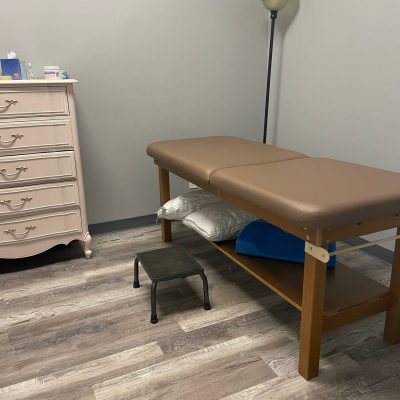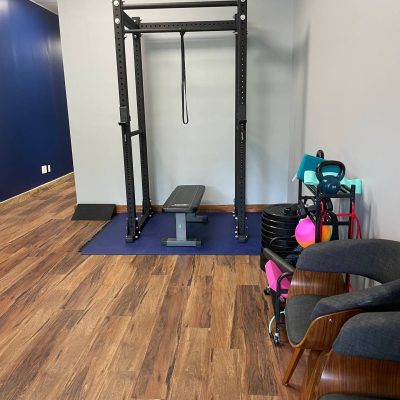Imagine your body as a subtle communicator, whispering to you before things become urgent. It’s like your body has a way of quietly letting you know when something isn’t quite right. One condition that often stays in the shadows is Pelvic Organ Prolapse (POP). It’s like a silent issue that can affect your comfort and confidence, especially in moments when you want to fully engage with your family, work, or hobbies.
Now, let’s talk about some signs that your body might be giving you about Pelvic Organ Prolapse:
Feelings of Heaviness or Pressure “Down There”
One of the first signs of POP is a feeling of heaviness or pressure in the pelvic region, almost like something is falling. This feeling of heaviness could be your body’s way of prompting you to pay attention, to acknowledge the silent signals that something isn’t quite right.
Discomfort or Pain During Intimacy
Intimacy is a cherished and personal aspect of life, meant to be filled with closeness and joy. However, when Pelvic Organ Prolapse is present, this intimacy might be accompanied by discomfort or pain. It’s like a shadow cast over those moments that are supposed to be emotionally fulfilling. The physical sensations can disrupt the emotional connection, turning what should be a joyful experience into one tainted by discomfort. This could be your body signaling that there’s an issue impacting your intimate life, urging you to address it for the sake of your overall well-being and relationships.
Challenges with Bladder and Bowel Movements
Now, picture dealing with challenges like urinary leakage or constipation. These aren’t just physical inconveniences; they have a deeper emotional impact. Leaking urine or struggling with bowel movements can lead to feelings of anxiety and embarrassment. It’s like your body is expressing vulnerability, and these challenges might make you hesitant to engage in activities you love. The fear of these issues occurring can limit your participation in social events or activities, affecting your overall quality of life.
Visible bulge in the Vaginal Area
In more advanced cases of Pelvic Organ Prolapse, there might be a noticeable bulge in the vaginal region. This is a tangible, visible reminder of the condition, a physical manifestation of the internal changes happening. It goes beyond the realm of physical discomfort; it brings a deep sense of self-consciousness. The visible bulge might prompt feelings of embarrassment or shame, creating a desire to keep the condition private. It becomes a constant presence, a visual cue that something is amiss and needs attention.
The key here is to pay attention to these whispers from your body before they become louder calls for attention. If you notice any of these signs, it’s crucial to talk to a healthcare professional like a Pelvic Floor Physical or Occupational Therapist. Do not think that surgery will be a quick fix for this condition; mild to moderate prolapse can be greatly helped by conservative measures! Though if pressure management strategies learned through Pelvic Floor Therapy are not employed after surgical intervention for more advanced prolapse, the condition can re-emerge.
Don’t let these silent issues impact your life and well-being. Addressing them early on can make a significant difference in your comfort and confidence, allowing you to fully enjoy the moments that matter most.
Are you experiencing symptoms of Pelvic Organ Prolapse? Let us help! Therapists at Magic City Physical Therapy in Hoover, Alabama, are highly trained and experienced in the treatment of POP.







